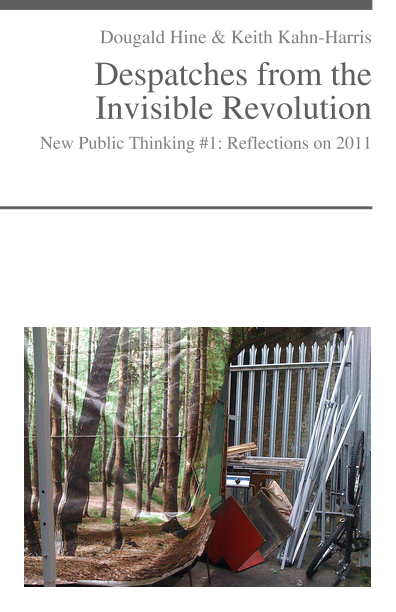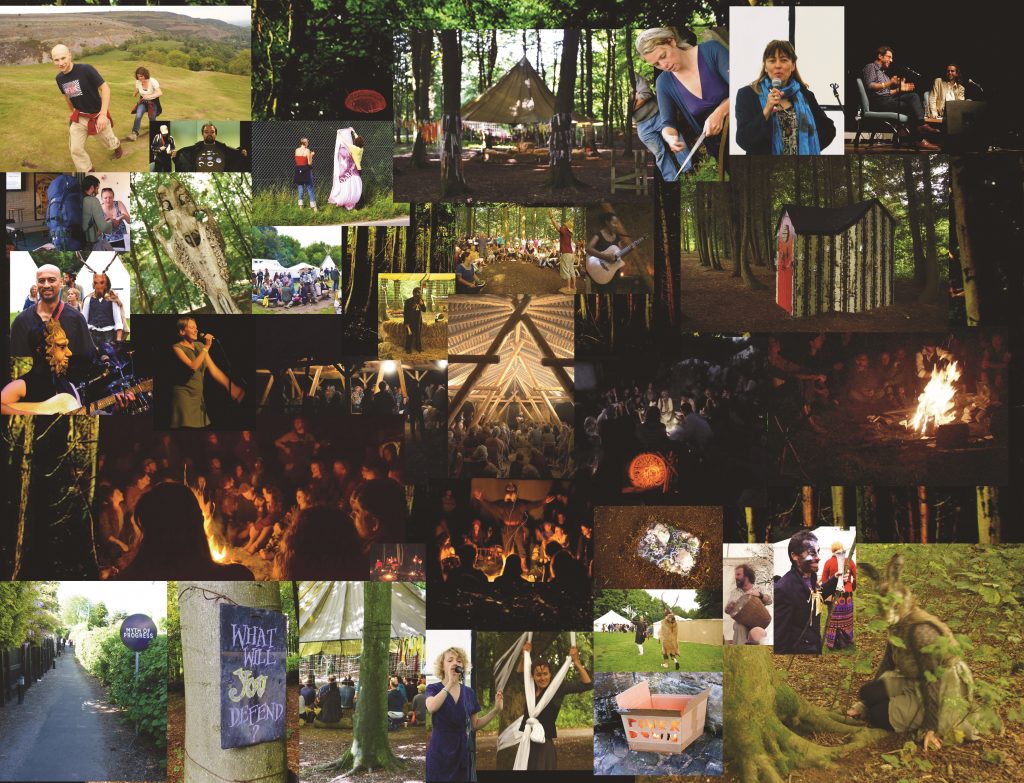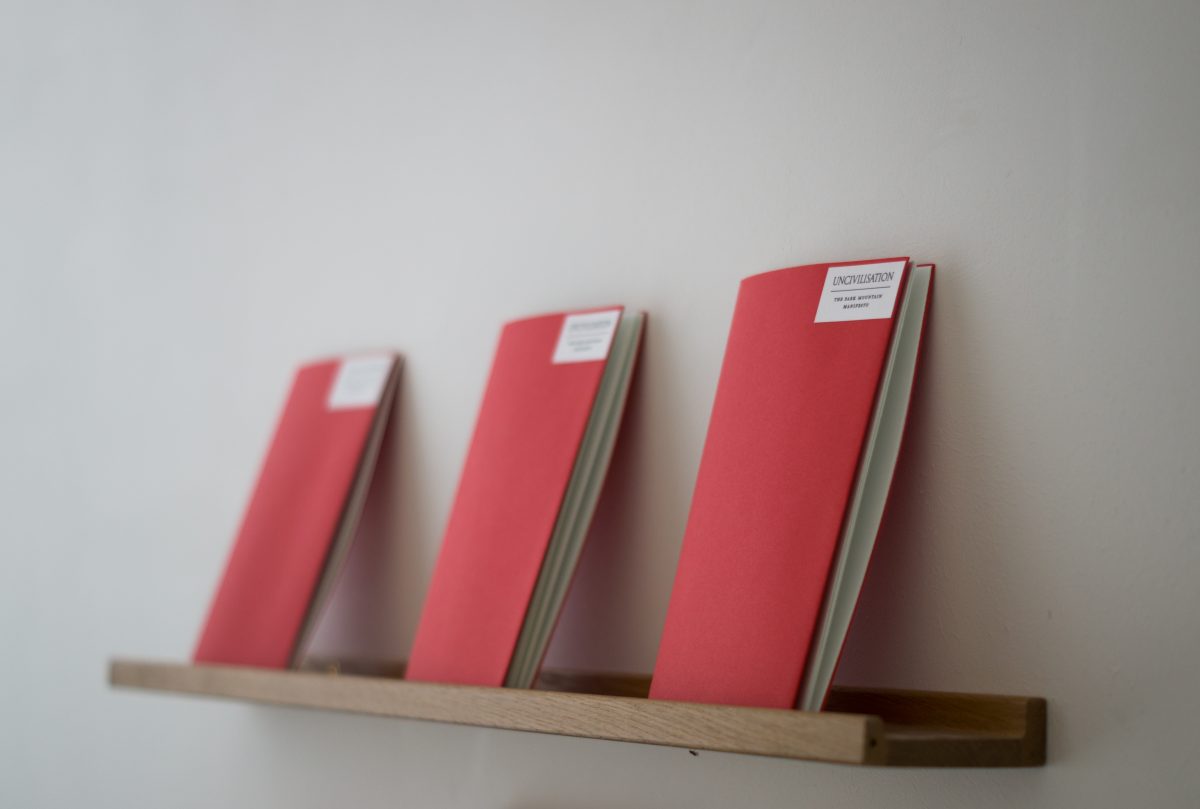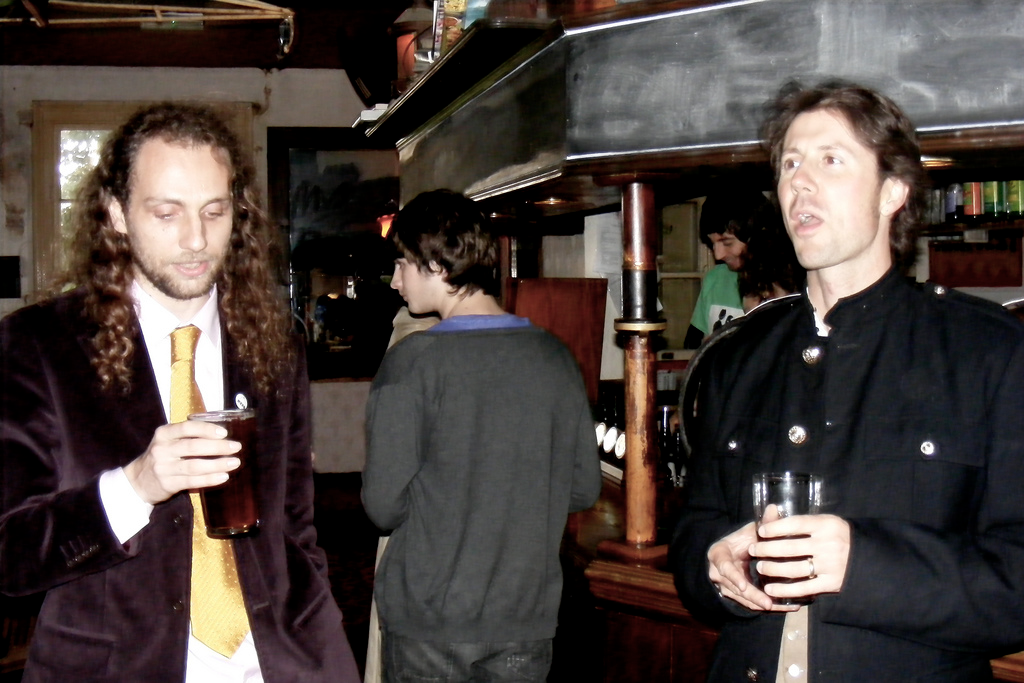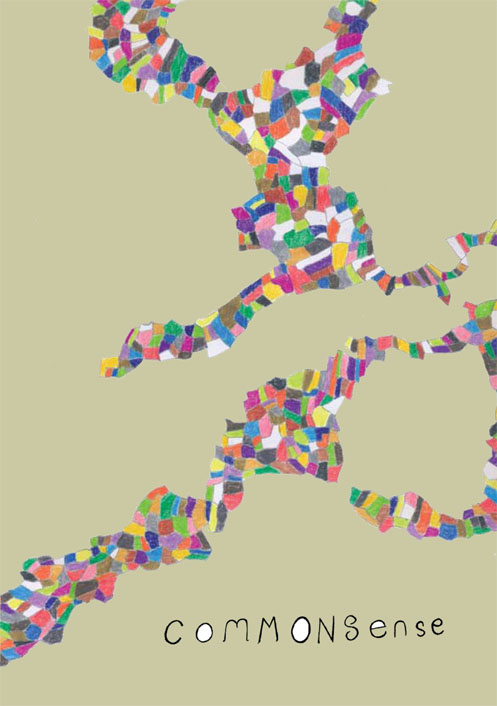A wave of networked disruption swept across the world in 2011, taking with it the idea that today’s social technologies are only about throwing sheep at each other, or hiding away in Second Life. The new social forms which ride the network now make their entrance on the stage of history; yet the grain of networked reality remains puzzlingly elusive. Much of the activity which makes up the network seems too loose and haphazard to be significant, by the standards of the world in which we grew up.
This book began in December 2011, as a conversation over lunch, and soon became an invitation spreading along the network of thinkers and makers and hackers and activists with which Keith Kahn Harris and I had been entangled in the course of that year. Within three months, it was in print.
The invitation was simple and open to interpretation: write a response to the events of 2011, no more than 3,000 words, not an essay written at leisure but a despatch from in the middle of where you find yourself.
This was the year when it seemed to be ‘kicking off everywhere’ and the pieces that came back reflect experiences of the Indignados movement, the Arab Spring, Occupy and the UK riots, but also events on a smaller scale. Bridget McKenzie wrote about her daughter’s refusal to go to secondary school and how the experience forced her to rethink assumptions she had held through twenty years of working with education.
In the Industrial Revolution, you could point at a steam engine and ask: ‘What on earth is that?’ What defines the Invisible Revolution is that there’s nothing to point at, no totemic object that conveys the power and the strangeness of the forces changing our lives.
Pamela McLean
Despatches from the Invisible Revolution was published with Pediapress. The book is available through their website, where you can also find links to the online versions of individual articles.
- ‘Now think fast! Reflections on the making of Despatches from the Invisible Revolution‘, Andrew Taggart




Despatches from the Invisible Revolution book launch, Free Word Centre, London, 29 February 2012 (Photographs: Andy Broomfield)
